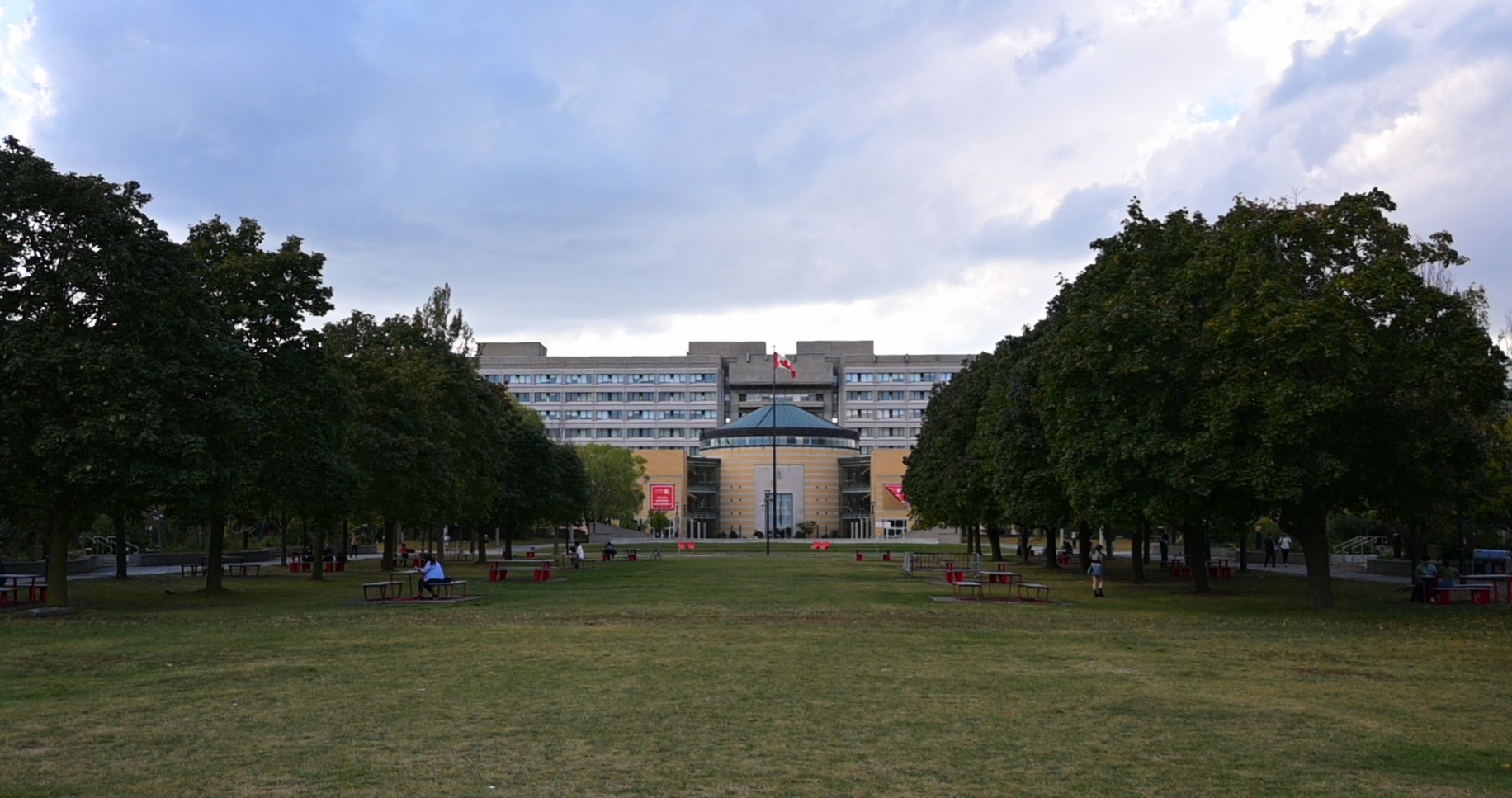With waves of protests, demonstrations, and walkouts by the student body against York’s response to the three student unions’ statements, the administration’s respect for students’ right to free speech has been called into question.
York, in a statement released on Oct. 20, stated: “While the university affirms the right of students and other community members to express political views, including support for the Israeli and/or Palestinian people, the university has condemned this statement noting that freedom of speech is not absolute.”
Making clear that the freedom of speech on campus is not absolute and establishing fences around Harry W. Arthurs Common, a site used by students for demonstrations, the university faces serious criticism over suppressing students’ voices.
So, how “free” is free speech at York?
Aleksija Milovanovic, a third-year student in psychology, states that “free speech isn’t as ‘free’ as advertised. Even York said that ‘freedom of speech’ is not absolute. It is only free until it goes against those in authority’s political views.”
Aron Belick, a third-year English major, says, “On an administrative level, displayed by recent statements by York, speech isn’t as free the higher you go up academically or institutionally.”
Third-year political science student, Taimur Ahmed, echoes a similar sentiment: “Even though it is relatively free, it could be much better.”
When asked if they feel comfortable expressing their political views on campus, the students’ answers varied. “Not really; York, especially the politics department […] is very left wing dominated. Presenting ideas of any other view would get you called out. It’s not just the faculty either, other students will also ‘attack’ you (verbally), and look at you as if you are simply being ignorant. This prevents a balanced debate from occurring,” adds Ahmed.
On the other hand, Milovanovic feels comfortable expressing political views to a certain extent: “I am comfortable in that I know a majority of my peers on campus align and are positively responsive when discussing political issues. However, I know that there are students who would disagree and make it known.”
Belick explains, “York’s social landscape is not one that I’d want to risk disturbing with my own opinion. York aligns itself with particular views, and some of them are not positive, ethical or welcoming. The landscape is sensitive and volatile sometimes. I’d only ever talk about it in a controlled environment or with friends, where boundaries are recognized and open conversation is respected. York’s everyday environment isn’t one that does that.”
Lastly, the respondents were asked whether York infringed upon or respected students’ freedom of speech.
Belick explains that he feels the university infringes on students’ free speech: “Especially concerning York’s recent statements, that seems to be the case. Within academia, especially the education program, the program I want to join, there is a very prejudiced status quo that turns a lot of brilliant scholars away due to the way issues of race, for example, are handled by people who are going to become teachers. So yes, it does infringe on free speech in terms of challenging the status quo.”
Conversely, Ahmed says, “No, I do not believe that the administration is deliberately going against the rights of students. In some matters however, it is a choice between the freedom of some students and the protection of others; in those cases, the decision of the administration is understandable. One criticism would be that the faculty should not be dominated by one point of view. Besides that I don’t think the administration does a bad job.”
Milovanovic notes, “As demonstrated in their recent request for our student unions to retract their statements on Palestine, York is actively silencing the voices that are meant to protect our student population and amplify our voices. Moreover, I have seen many instances on social media where a York staff member has tried to stop a student from protesting.”
There are varied opinions about York’s efforts to promote free speech on campus; however, most agree that as a post-secondary institution, York still has much ground to cover in terms of creating a space for nuanced and productive conversations to take place.


